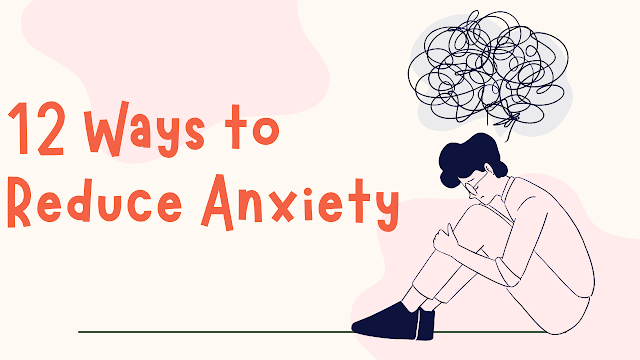Anxiety is one of the most common mental health concerns, affecting up to 20% of Canadians over their lifetime. It can happen at any point during the lifespan, and impacts your thoughts, feelings, behaviours, and body.
Anxiety can be helpful, such as when we see a bear on a path. Anxieties job is to alert us of the danger and to keep us safe and alive. Anxiety becomes problematic happens when our body is preparing for a threat that isn’t actually there, or the reaction is disproportionate to the stressor, such as a math class.
Problematic anxiety gets in the way of being able to do regular work or school activities, gets in the way of relationships, and makes the individuals world smaller. If this is happening to you, or someone you care about, consider talking to your family doctor, counsellor, or a mental health professional.
Sometimes we need to calm the mind in order to calm the body; and other times we need to soothe the body to calm the mind.
Here are some tips on how to manage and reduce anxiety:
1. Meditation: Allows us to slow down and calm our body and mind, keeping anxiety at bay. It doesn’t have to be a meditation marathon, even just five to ten minutes is beneficial.
2. Exercise: Regular exercise can lower our stress levels making us better able to manage our anxiety.
3. Breathing: Practicing breathing deeply, all the way to our belly, helps alleviate stress and can lower our heart rate.
4. Reality Check: Using thought challengers of “do I have good reasons that something will go wrong?” or “is there a chance I am over worried?” or “what would I do for a friend having these thoughts?” can all help challenge anxious thoughts.
5. Time Limit: Having a set aside worry time for 5-15 minutes gives a space, albeit limited, for anxiety to have a voice – but it only gets a voice during that time. You may need to remind anxious thoughts that they are only allowed during a certain time.
6. Eat Healthy: Reducing sugar foods and eating a balanced diet can help our body be healthier to fight off anxiety.
7. Limit Caffeine: Caffeine elevates the body and can magnify anxiety struggles.
8. Pet: Cuddling and petting your dog or cat can help regulate and soothe the body. Pets can be very nurturing.
9. Spend Time With People You Care About: Sharing space with people who make you feel safe, seen and understood can help soothe the body and manage anxiety. Not to mention, it feels good to be around people we care about and who care about our wellbeing.
10. Sleep: If we don’t get enough sleep, we have less gas in the tank to be able to manage the days stressors, including anxiety. Making sure you get adequate sleep can help reduce anxiety.
11. Music: Listening to soothing music – whatever that may be – can help calm our body and mind.
12. Journal: Journaling can be very cathartic. There is something wonderfully freeing that happens when we allow our anxious thoughts to go from our mind to a piece of paper.
Give some of these a try to see what works, or what doesn’t work for you. It’s trail and error; but also takes practice.
If you want to learn more about anxiety, Anxiety Canada is an excellent resource.


.png)



